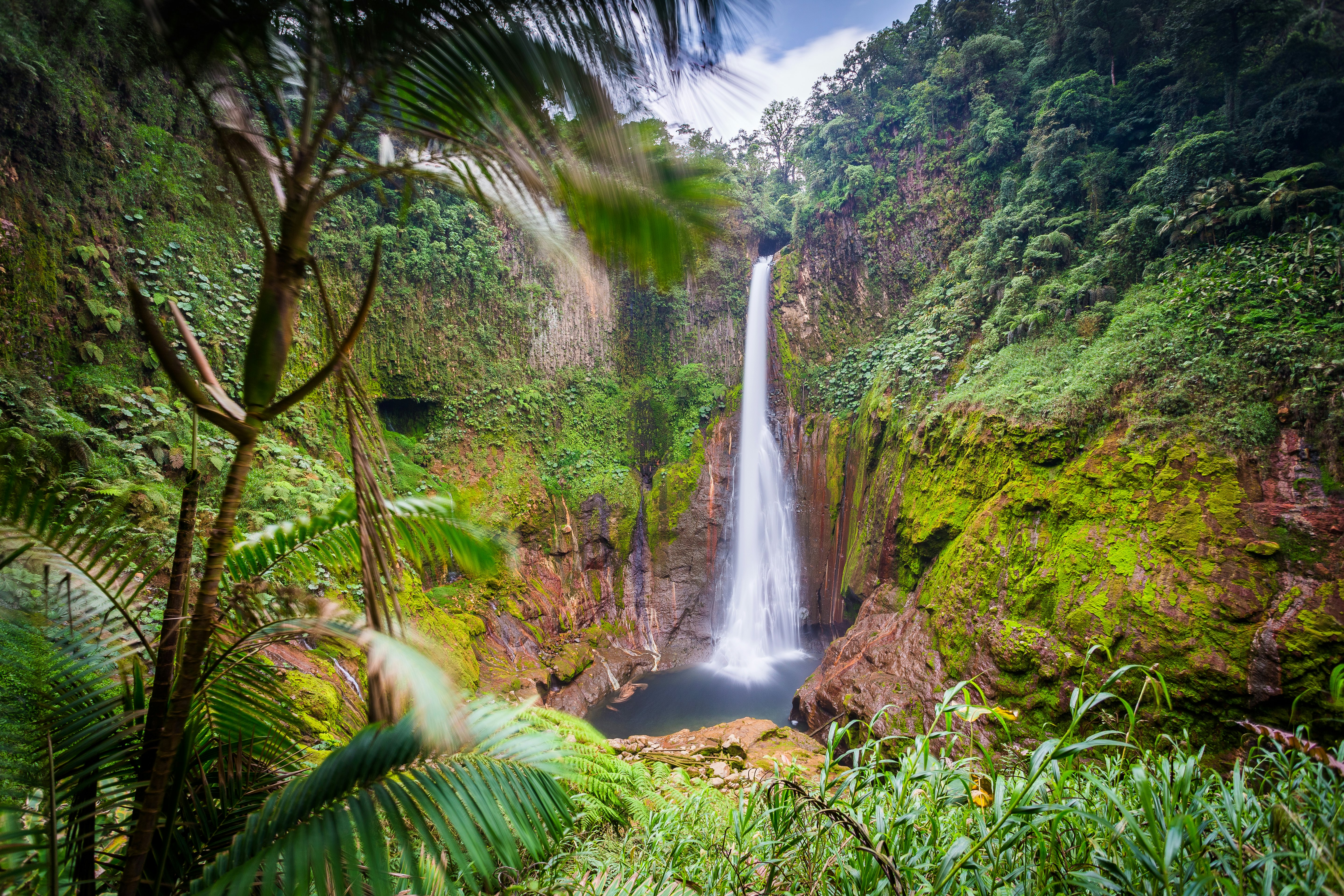Costa Rica is asking travelers to offset their carbon footprint

Nov 12, 2020 • 2 min read

Costa Rica is aiming to become carbon neutral © Matteo Colombo / Getty Images
Costa Rica is encouraging tourists to offset the carbon footprint they generate from flights and overland travel in its bid to promote sustainable tourism and become one of the world’s only carbon-neutral countries.
The initiative, called the Pura Vida Pledge, seeks a voluntary donation from travelers, and contributions will go towards environmental projects throughout the country, such as planting forests, regenerating natural spaces and implementing agroforestry systems on local farms, which allows trees to grow on the same land as crops.

The amount that travellers are requested to offset is determined by using an online calculator created by the National Forestry Financing Fund. Based on visitor data from 2018, it’s estimated that the country would raise more than $3.5 million for environmental projects, even if only 10% of the emissions were offset.
“This agreement invites our tourists to mitigate their trips and thus contribute to the protection of forests and the recovery of forest cover,” Gustavo Segura, Costa Rica’s minister of tourism, said. “It is a step forward in responsible tourism.”
Costa Rica is seen as a world leader in the environmental movement, and it was awarded the Champion of the Earth by the United Nations Environmental Programme in 2019, the UN’s highest environmental honor. The country’s ambition is to become carbon neutral by 2050, and it’s well on the way: national parks make up about 25% of Costa Rica’s landscape, nearly 30% of the country’s energy sources are renewable and about 50% of the land is forested.

From late October, visitors to Costa Rica no longer have to present a negative COVID-19 test result to enter the country, which had previously been required of travelers since it began to gradually open its borders in August. As of November 1, all international travelers are now allowed to visit Costa Rica.
You might also like:
The European train journeys that are even faster than flying
How climate change is forcing the travel blogging industry to evolve
Costa Rica celebrates World Environment Day by creating its 29th national park






